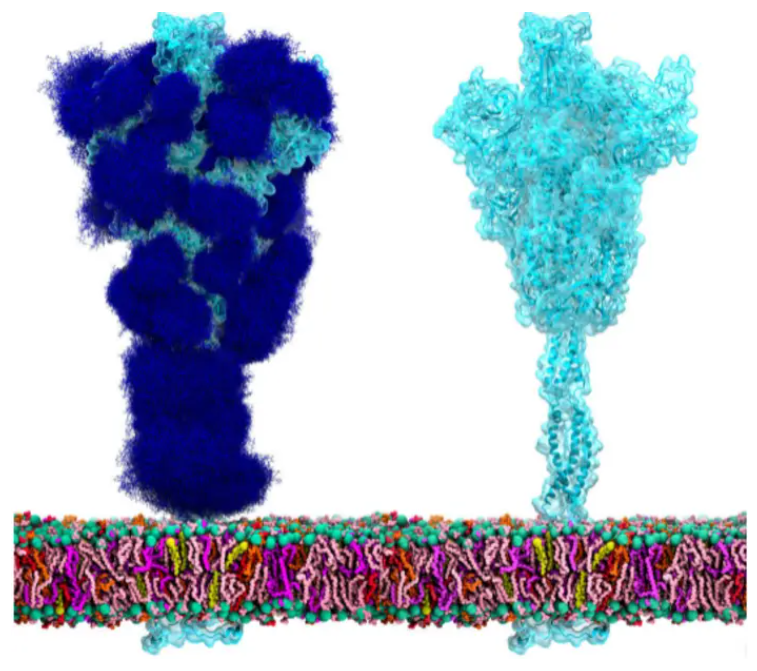
A study evaluated how patients with rheumatic diseases were impacted by the COVID-19 pandemic during its initial stages in the United States.
“Patients with rheumatic diseases such as rheumatoid arthritis (RA) and lupus have increased risk of infection and are treated with medications that may increase this risk yet are also hypothesized to help treat COVID‐19. We set out to understand how the COVID‐19 pandemic has impacted the lives of these patients in the US,” the study authors explained.
The study included patients who were part of a longitudinal observational registry. A supplemental COVID-19 questionnaire was sent via email on March 25. Questions included patients’ two-week history of symptoms, COVID-19 testing, healthcare changes, and related experiences. Responses were compared based on diagnosis, disease activity, and new onset of symptoms.
A total of 7,061 patients were invited to complete the questionnaire, of whom 530 responded. The most common diagnosis among the respondents was RA (61%). Of the 11 patients who met COVID-19 screening criteria, two sought testing unsuccessfully. An additional six patients sought testing, of whom three were successful, and all were negative. About two in five patients (42%) experienced a change to their care during the previous two weeks. Upon qualitative analysis, the researchers unearthed four key themes:
- emotions in response to the pandemic
- perceptions of risks from immunosuppressive medications
- protective measures to reduce risk of COVID‐19 infection
- disruptions in accessing rheumatic disease medications including hydroxychloroquine
The results of the study were published in ACR Open Rheumatology.
“After two weeks, many with rheumatic diseases already had important changes to their healthcare, with many altering medications without professional consultation or due to hydroxychloroquine shortage. As evidence accumulates on the effectiveness of potential COVID‐19 treatments, effort is needed to safeguard access to established treatments for rheumatic diseases,” the study authors concluded.







 © 2025 Mashup Media, LLC, a Formedics Property. All Rights Reserved.
© 2025 Mashup Media, LLC, a Formedics Property. All Rights Reserved.